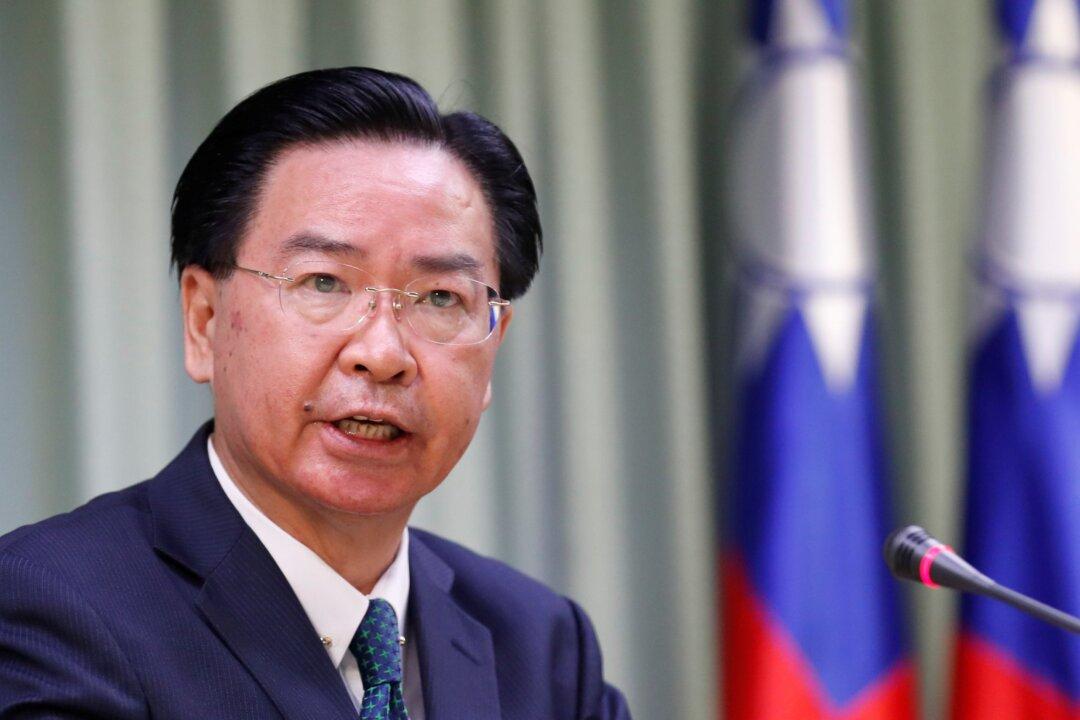Taiwan’s foreign minister accused the regime in Beijing on Aug. 21 of wanting to follow in the Taliban’s footsteps by seizing control of the democratic island, saying the island has no desire to be subjected to communist rule.
The rapid fall of Kabul into the Taliban’s hands weeks before the Aug. 31 scheduled withdrawal of U.S. troops has spurred debate about whether Taiwan would meet the same fate in the event of a Chinese invasion. Chinese state media has also seized the opportunity to cast Washington as an unreliable ally, pushing narratives such as “Afghanistan today, Taiwan tomorrow.”





